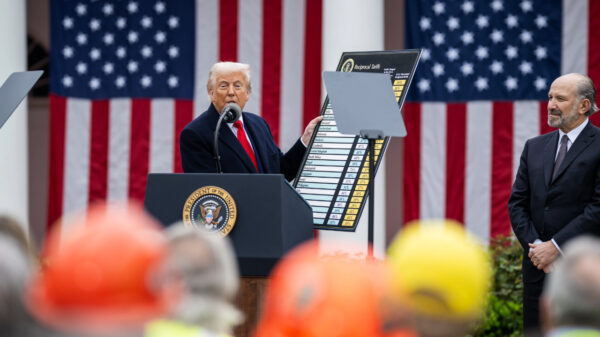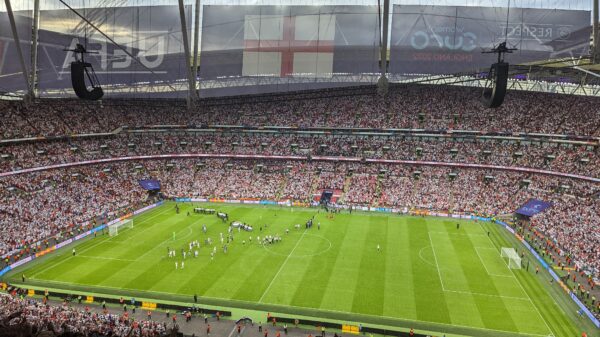King’s College London has dropped its commitment to achieving net zero carbon emissions by 2025, pushing the goal back to 2030 amid revelations that emissions have flatlined since 2019.
The change, which represents a significant watering down of King’s sustainability ambitions, was announced in the university’s annual Environmental Sustainability Report. The report covers a range of environmental issues – from water use, to waste management, to carbon emissions.
In another blow to King’s climate ambitions, the report also revealed that KCL’s annual Scope 1 and 2 carbon emissions have not decreased since 2019, despite having fallen by over 50% since 2005. Scope 1 and 2 refers only to emissions produced directly by King’s or by its energy consumption, rather than any emissions caused indirectly by its activities.
KCL’s Scope 1 and 2 emissions in the year 2019-20 were equivalent to 24,506 tonnes of CO2 being released, with the figure actually rising slightly to 24,559 tonnes in the year 2022-23.
Explaining why the 2025 target had been dropped, the report stated the change was a result of the new King’s Climate & Sustainability Action Plan, which “prioritises absolute reduction of carbon emissions over offsetting and carbon removals.”
However, the plan, released in February this year, sets out goals of a 25% decrease by 2025 and a 50% decrease by 2030 of Scope 1 and 2 emissions from a 2018-2019 baseline. An earlier goal aimed for a 50% reduction in energy emissions (Scope 2) by 2025 from a 2017-2018 baseline. This change suggests a weakening of absolute emissions targets – apparently challenging the explanation that the new 2030 target is solely due to the move away from emissions offsetting.
The delay to net zero targets text was first mentioned in the body of the text on the eleventh page of the report. It is unclear to Roar journalists why such a major change to university sustainability policy was not more clearly signposted.
The annual report also painted a poor picture of progress across a range of sustainability issues. Of a total 29 targets set by the university, only 13 were on track or had been achieved.
Among targets missed or “not on track” were:
- A goal of recycling 73% of all waste generated on KCL campuses.
- A reduction of supply chain emissions of 25% by 2025, from a 2018-2019 baseline.
- A reduction of business travel emissions of 60% by 2025, from the same baseline.
There were successes for King’s sustainability work, especially on research, with King’s providing nearly £6 million to further climate research. They also fully divested from fossil fuel investments in 2021, and achieved their target of 40% of “investments with a positive purpose”.













